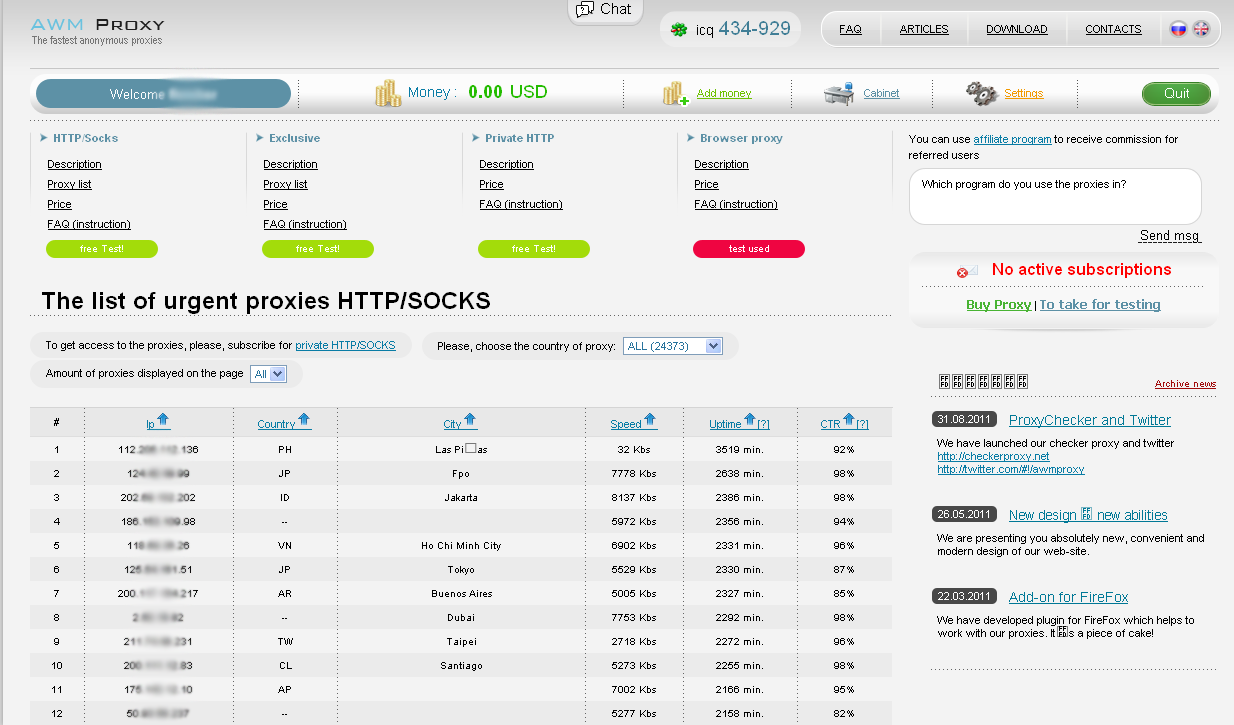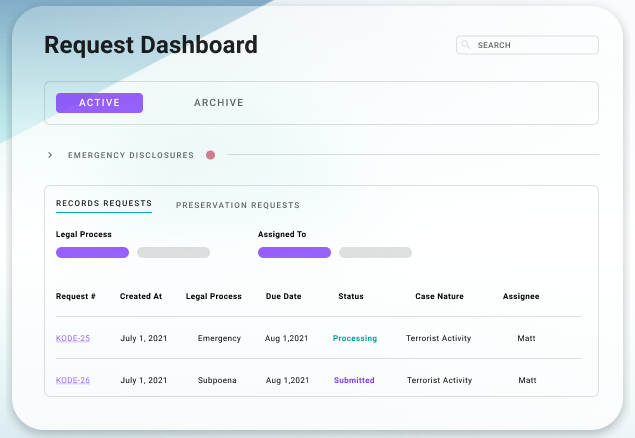No SOCKS, No Shoes, No Malware Proxy Services!

Credit to Author: BrianKrebs| Date: Tue, 02 Aug 2022 19:31:35 +0000
With the recent demise of several popular “proxy” services that let cybercriminals route their malicious traffic through hacked PCs, there is now something of a supply chain crisis gripping the underbelly of the Internet. Compounding the problem, several remaining malware-based proxy services have chosen to block new registrations to avoid swamping their networks with a sudden influx of customers.
Read more





